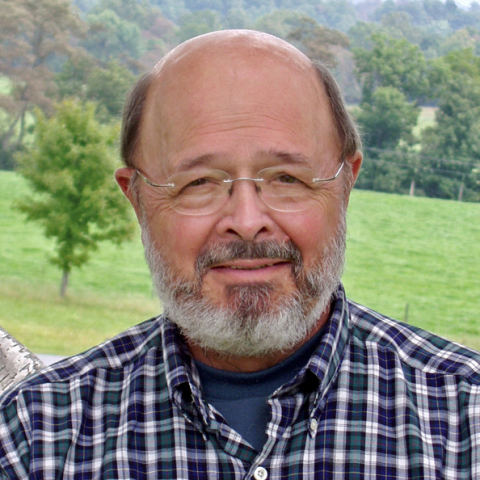Time magazine (Oct. 24 edition) contains a handsome full-page photo of Joel Salatin. I certainly give Joel credit for building a successful farming career. Additionally, it is exciting to have a local farmer given a national spotlight.
However, the hundreds of conventional Valley farmers are the ones who will help us double world food production over the next 50 years to feed an expected 8 billion more-affluent world population
Time compliments Salatin's "hard-core localization" but none of us buys the majority of our calories from our pleasant-but-small farmers' markets. In farming, as in life, "No man is an island unto himself. We are all part of the main." We need the oranges from Florida, the winter vegetables from California, and corn from Iowa. In turn, our beef, chickens and eggs are needed beyond Augusta County.
Far worse, Time thinks it's wonderful that he uses no industrial fertilizer. Valley farmers have never been heavy users of fertilizer. In the frontier days, however, they just "wore out" their farms and then went West to farm equally badly out there. That eventually brought us the Dust Bowl; in 50 years we farmed out the soil nitrogen that it had taken the bison and antelope centuries to build up. At least 60 percent of today's humans depend on industrial nitrogen fertilizer to stay alive.
Equally important, without the nitrogen fertilizer, Stanford University says, we'd already have had to plow down another 6.6 million square miles of wildlife habitat to feed today's population. That's almost equal to the land area of South America.
For the future, doubling food production by using the poor-quality land that's still wildlife habitat would leave precious little room for wild species or the trees that provide them shelter and food.
Our choice today is low-yield farming and no wildlife or wildlands; or, finding ways to raise food yields per acre on already cultivated land still further. Science, anyone?


















